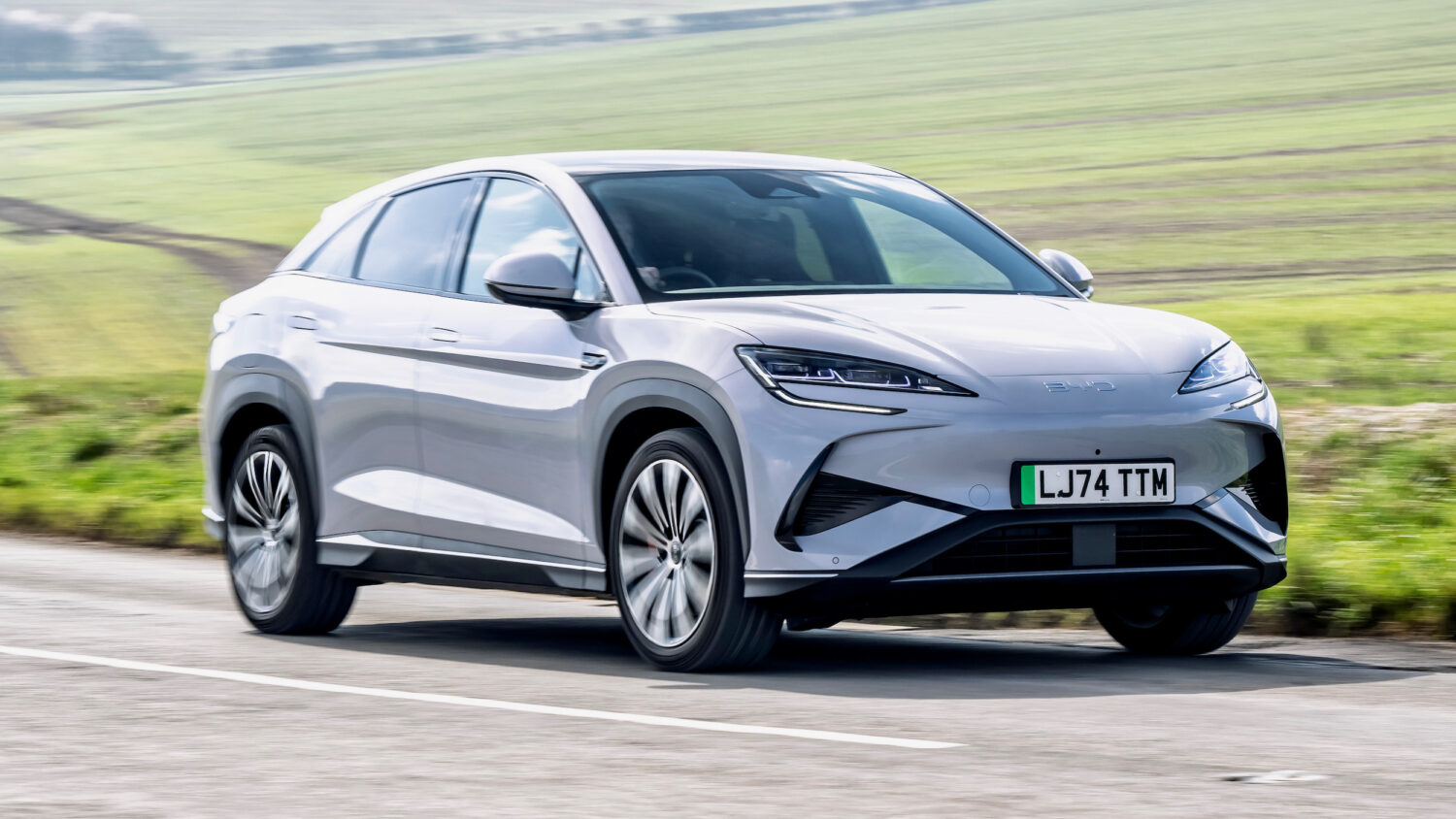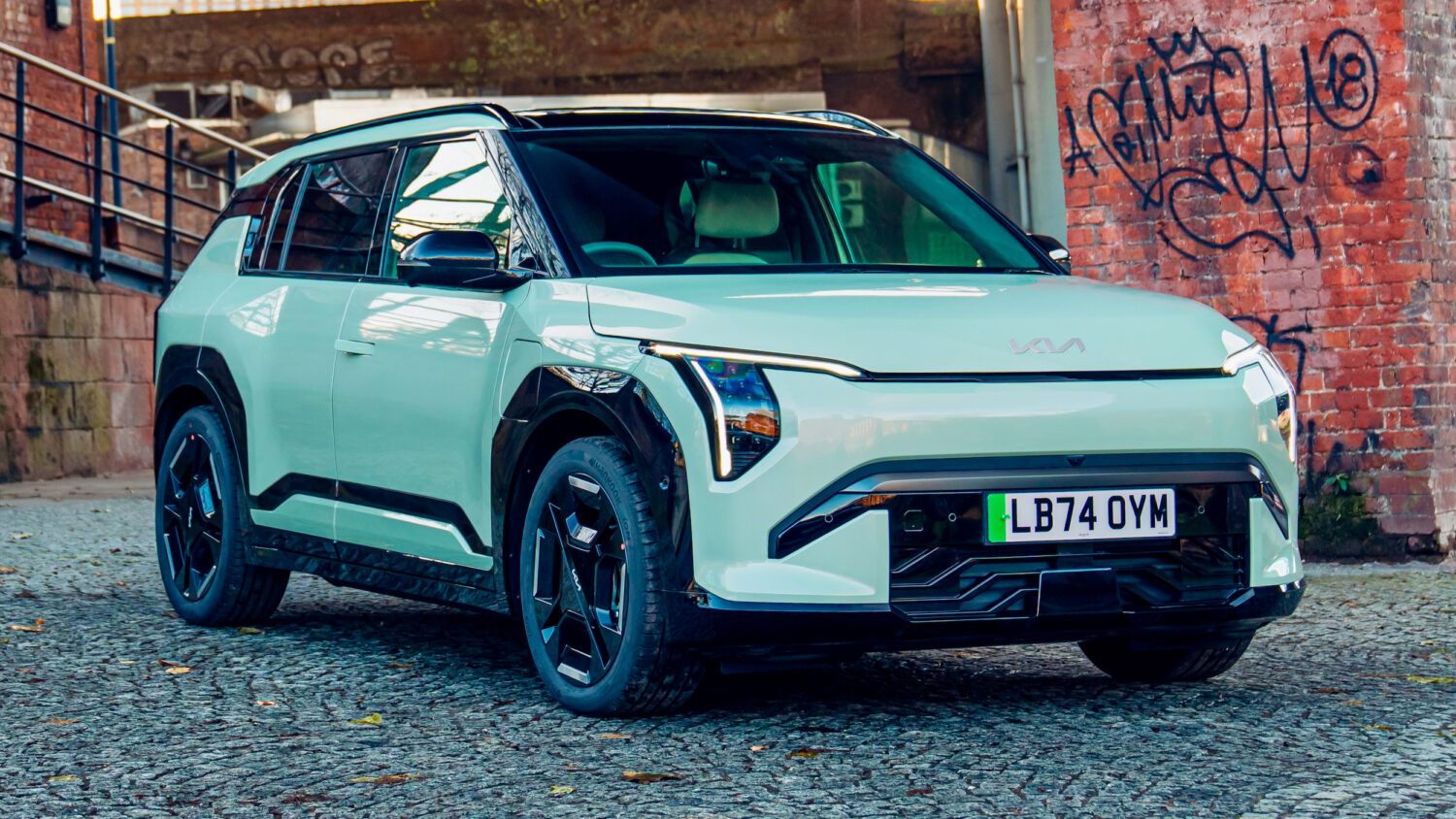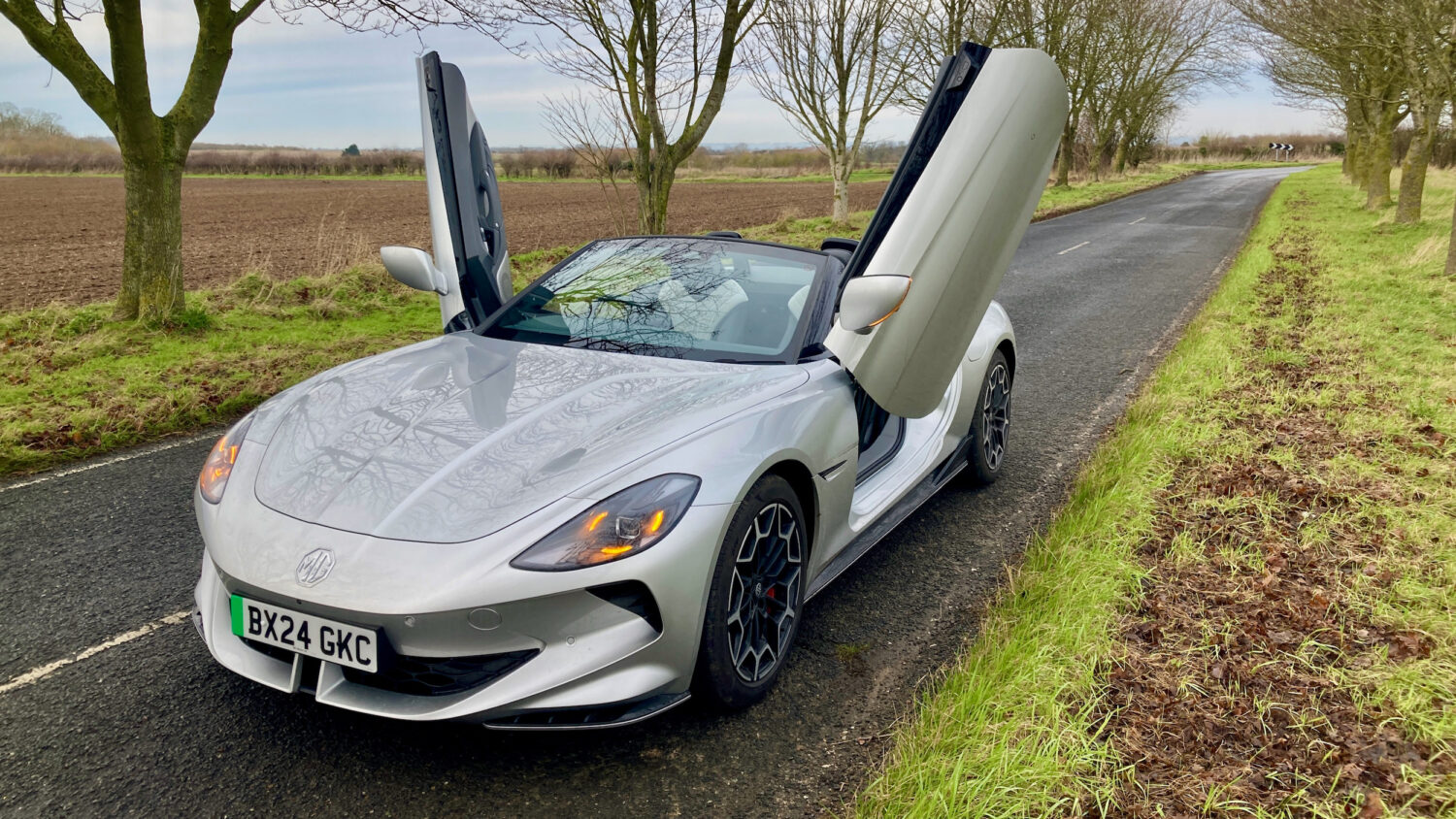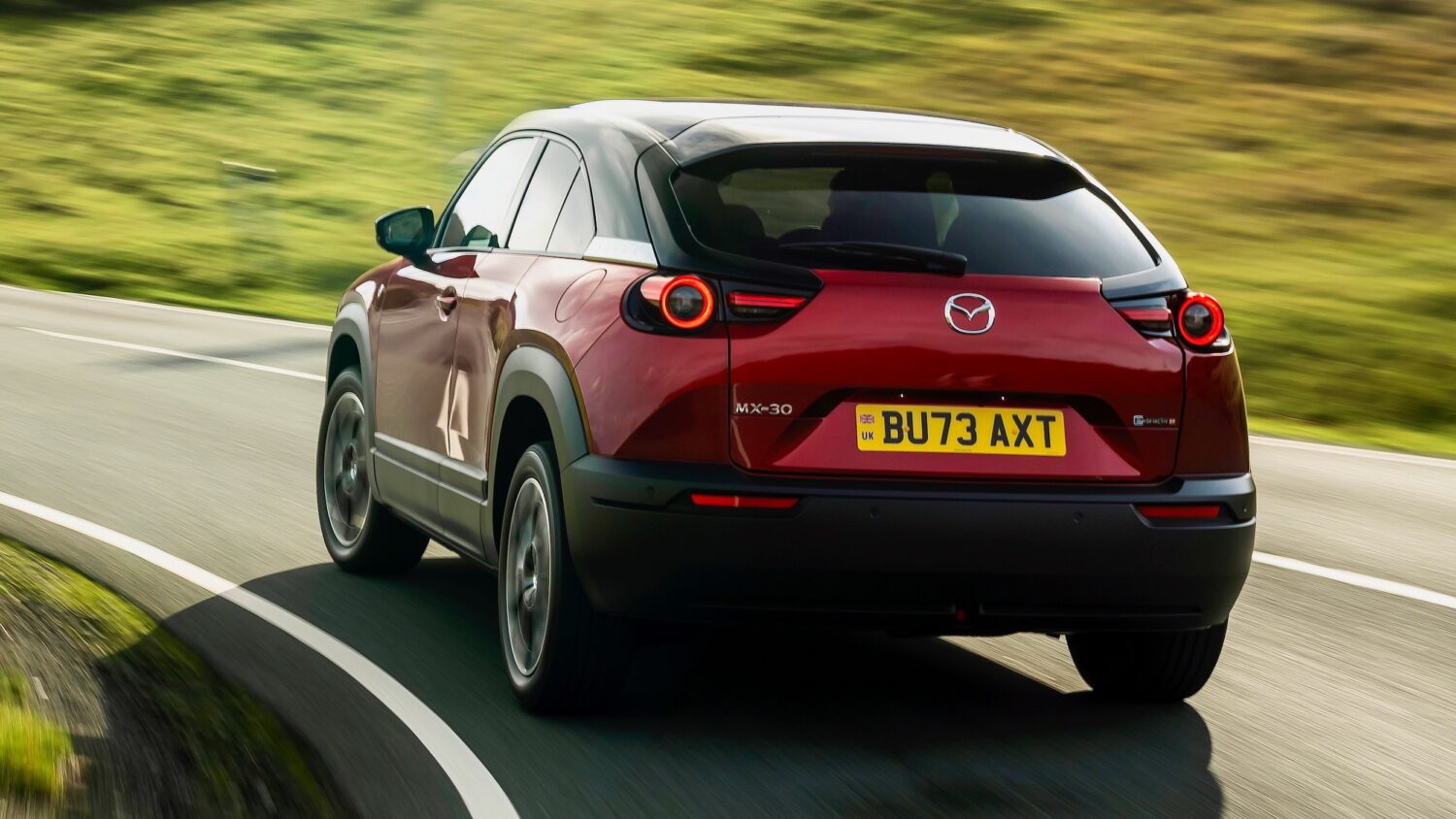Today, the Government announced a relaxation of electric vehicle sales targets to help the car industry
In the face of trade tariffs from the US and a slow take up for pure electric cars without manufacturer incentives costing them millions of pounds. It has already slipped back on the Continent.
It is what the motor industry and component suppliers have been asking for over the last few months when it became apparent the planned introduction date of 2030 would not be achievable.
Now, a ban selling new pure petrol and diesel cars will still come into effect in 2030, but manufacturers will now have more flexibility on annual targets and face lower fines.
Now, 28% of new cars sold in Britain this year must be electric and that amount will rise each year to 2030, but makers will now be able to shift that unsold percentage to the following year and the current £15,000 per vehicle sold that does not meet the emissions standard will be cut to £12,000, so the change is real but not as radical as some wanted in the industry. It will annoy environmentalists who want the targets maintained. The car industry will also get £2.3 Billion in tax breaks.
Transport Secretary Heidi Alexander told BBC Breakfast its changes were not a “silver bullet” but part of the solution to responding to US tariffs. UK opposition parties said Labour’s measures would not be enough to boost the car industry.
There has been concern over the rising prices of new cars, including hybrids and pure battery models and a shortage of public charging points of higher capacity, as well as their increased VAT rate for charging compared to home power points.
US President Donald Trump has imposed a 25% levy on cars imported to the US, which is a major export market for the UK motor industry.
Jaguar Land Rover exports about a quarter of its models to America and announced a pause in trade until the situation is clarified and Aston Martin’s former Ceo Andy Palmer said on Breakfast TV that the car industry needed clarification and certainty, not unexpected new tariffs and charges because it planned production years ahead in some cases to smooth out cash flow and prepare dealers and customers for changes.
US tariffs of 25% on automotive products into force last week and is separate to a 10% tax on nearly all UK products announced by Trump on Wednesday.
The UK Government also said yesterday that the rescheduled zero emissions levels would not apply to prestige UK brands like Rolls-Royce, Aston Martin and McLaren, which would find them almost impossible to meet without serious business implications in the short to medium term.
The car makers’ body, the Society of Motor Manufacturers and Traders said after the 25% tariff was announced that as many as 25,000 jobs could go in UK car making as factories and component suppliers sliced back on production in response to expected sales slippage.
The changing production forecasts are a serious challenge for manufacturers who have already invested tens of millions of pounds in new electric model lines and factories and now have to consider a much longer payback in their expenditure.
Some car makers have anticipated the situation and pushed ahead with the widest possible model line up, internal combustion powered models, plug-in hybrid, mild hybrids which don’t need external charging and pure battery powered models. These will be best placed over the next decade to invest for the future demand.
The SMMT has called for a package of measures to support vehicle making and their supply chain to deliver economic growth, jobs and investment which Britain needs.
In a significant sign of confidence, Rolls-Royce ‘signed-off’ the first of 437 steel columns which are part of a £300 Million investment in its Goodwood assembly plant to expand production of its bespoke models and new battery powered limousines over nine months. It opened the Goodwood plant in 2003 and contributes about £500 Million annually to the UK economy.
This image was generated using Adobe Firefly

Robin Roberts
Motoring Journalist
Robin contributes to a number of outlets in Wales and the UK, including the Driving Force editorial syndication agency feeding the biggest regional news and feature publishers in Britain.
Robin was the longest serving chairman of The Western Group of Motoring Writers. He specialises in the Welsh automotive sector and motor related businesses with interests in Wales and publishes WheelsWithinWales.uk which covers news, features, trade and motor sport in Wales.
Recent Reviews
The latest cars, suvs and crossovers reviewed by our experienced journalists.
BYD’s new Sealion 7 coupe-SUV set for prime time
Today, as the market for full-electric SUVs grows ever bigger, broader and more bountiful, here’s BY…
Kia EV3 GT-Line S, has all you could want
Be excited about this eye-catching electric SUV. This top-of-the-range model, the Kia EV3 GT-Line S,…
MG Cyberster, it feels fresh and new
The MG Cyberster a two-seat electric roadster, guaranteed to turn heads Car Reviewed: MG Cyberster T…
Mazda MX-30 E-Skyactiv R-EV, quirky is good
Innovative, quirky, strange, different, eccentric, odd words have been used to describe the Mazda MX…




